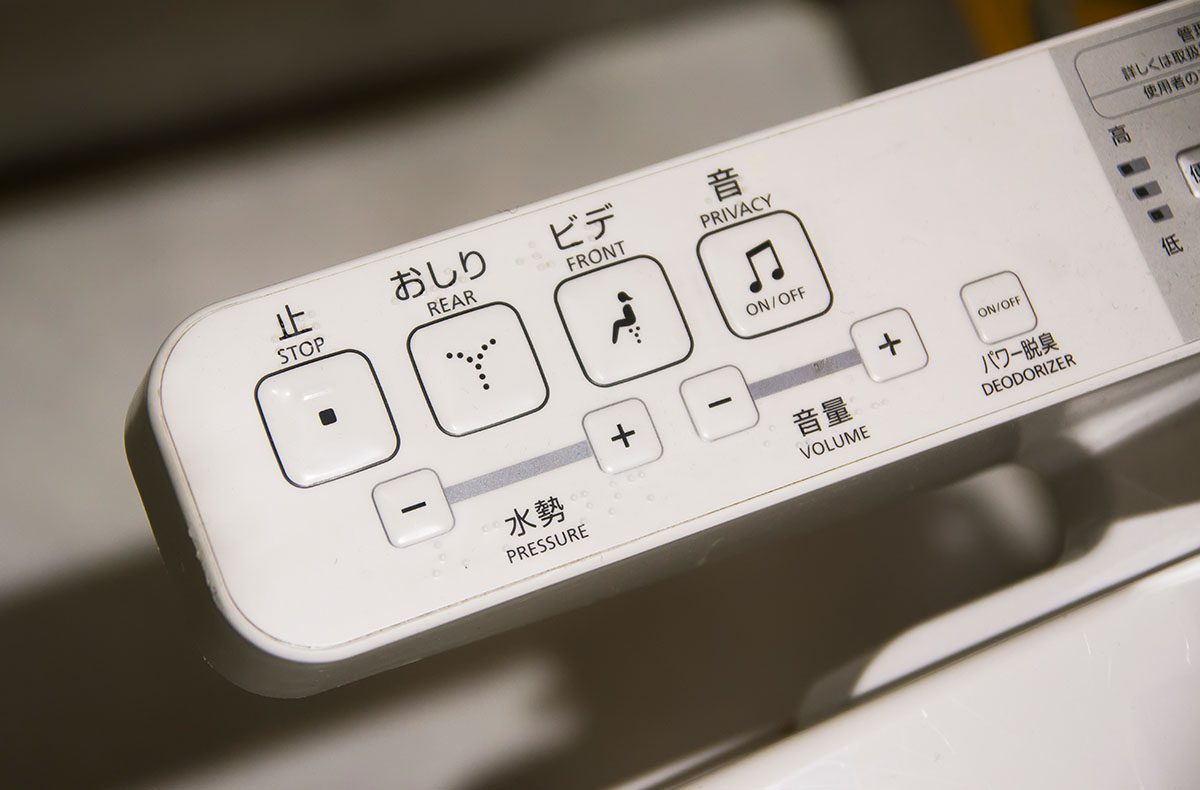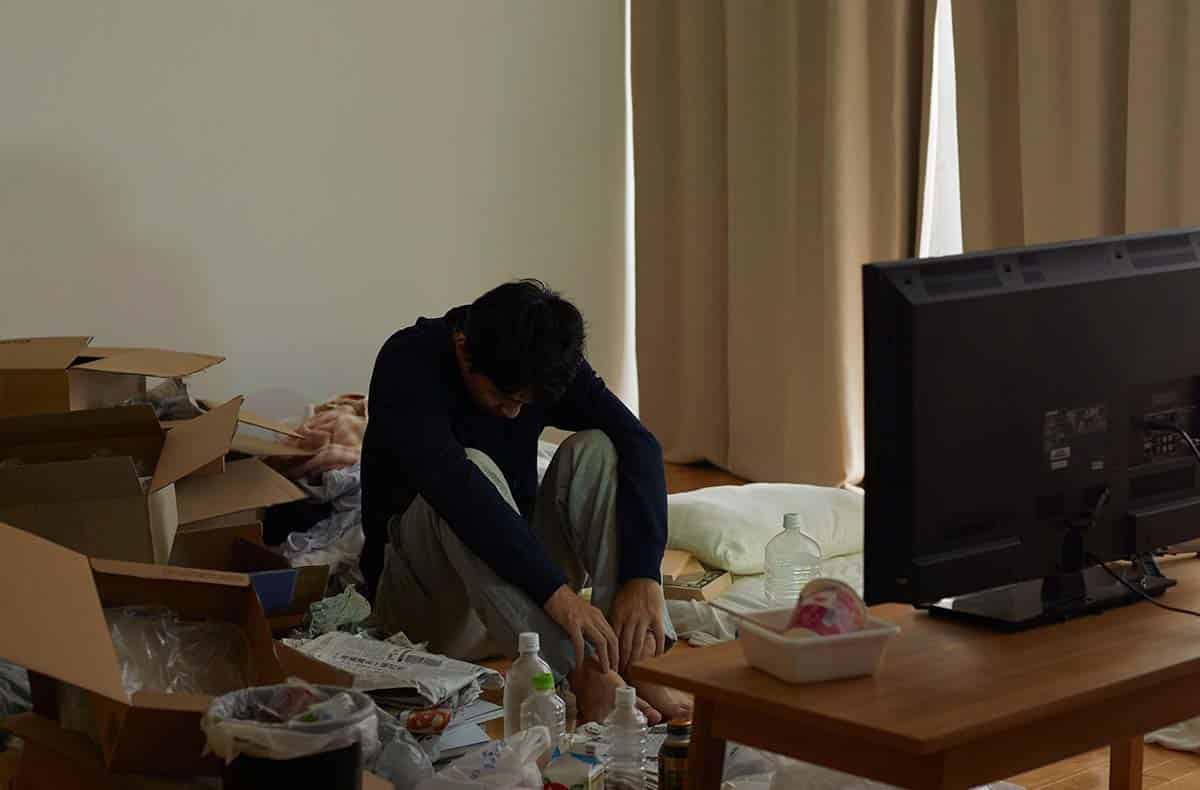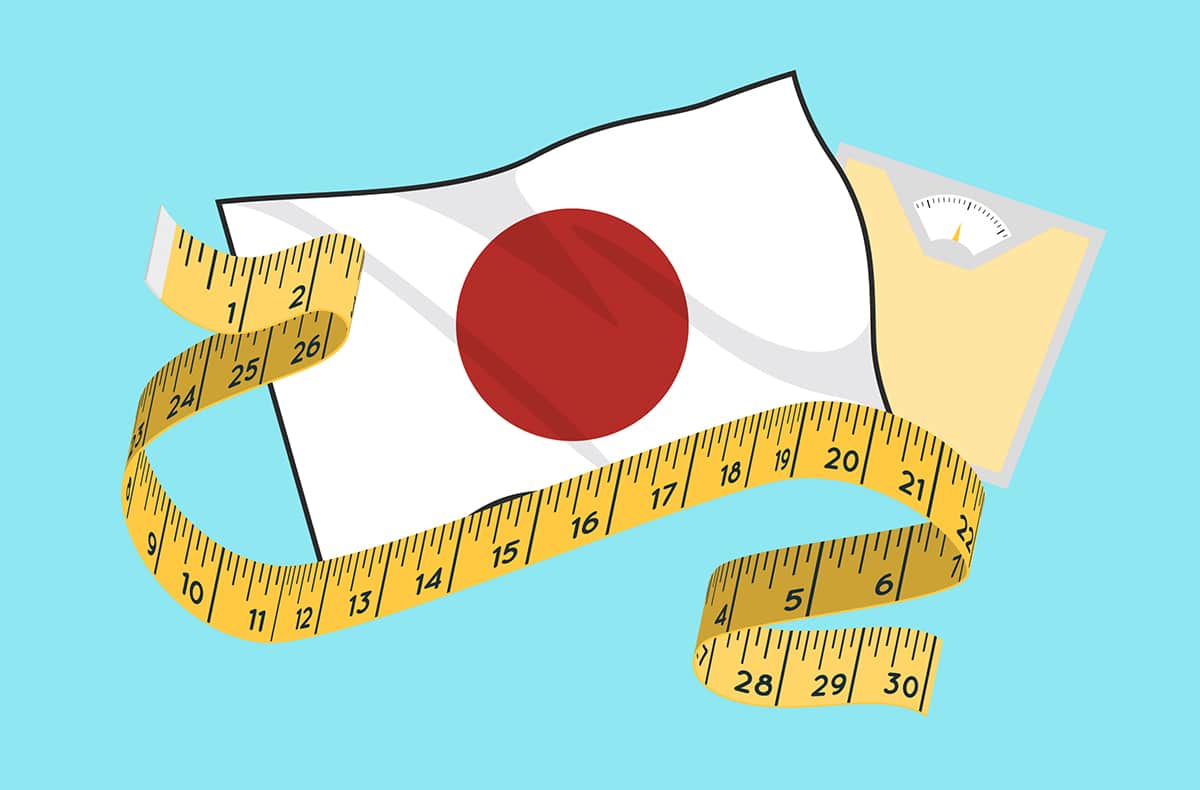
One thing I love about living in Japan is that it is an incredibly safe country. Despite the fact that Tokyo is regarded as the world’s most populated city, with around 37 million residents, there are almost no neighborhoods I would feel unsafe walking around alone in—even at night. Japan’s safety is something the Japanese themselves are very proud of, and rightly so. The lack of violent crime puts Japan consistently in the top ten list of most peaceful countries and it has one of the world’s lowest murder rates at 0.25 murders per 100,000 inhabitants. By comparison, in the US in 2020, there were 6.52 murders per 100,000 inhabitants committed.
It is not just violent crime and homicide that is rare in Japan. The fact that there is very little theft means that people feel comfortable enough to leave their belongings unattended in public, safe in the knowledge that they are highly unlikely to be stolen. Go into a café in any city in Japan, and you’ll see people reserving a table with their phone or handbag, or leaving their laptop open while they visit the restroom. Not only that, if you happen to drop your wallet in the street, it’s a safe bet that you’ll be able to pick it up at a koban, or police box, with your money and cards untouched.
So how does a densely populated developed country like Japan manage to keep its crime rate so low? One major reason for the low murder rate, in particular is the extremely strict gun laws. In 2021, there were just ten gun-related incidents and one death recorded; eight were related to criminal gangs (Yakuza), and only two were attributed to members of the general public. This is in a country with a population of just over 125 million people. Again, take a look at US statistics: 47,286 deaths were attributed to guns in 2021, of which around 20,000 were homicides. Unlike the US, it is almost impossibly difficult to acquire a firearm in Japan. There are twelve steps a prospective gun owner must go through before purchasing a firearm in Japan, including taking a written exam, obtaining a doctor’s letter, and undergoing a police inspection of your gun storage facility. The whole process may take several months from start to finish, meaning that only the very persistent will get as far as taking a gun home.
Another reason that the streets are so safe is the system of kobans, which are small police offices dotted around city centers and residential areas. Each koban is staffed 24 hours a day by one or two police officers, and there is always one police officer patrolling the area on a bicycle. The mere presence of a police officer seems to be enough to keep street crime low. The koban system has been used in Japan for over 100 years, and there are currently around 6,600 kobans in the country. The system has been so successful that it has started to be replicated in other parts of the world. In 1997, the state of São Paulo in Brazil implemented its own community policing program, based on the Japanese koban system. Experts from Japan’s National Police Agency were involved in training local officers in São Paulo, and many Brazilian police were sent to Japan for further training. The drastic drop in crime in São Paulo has largely been attributed to the implementation of this system, which focuses on the prevention, rather than the detection of crime.
Perhaps the most important reason why Japan has such a low crime rate is Japanese culture and the Japanese “kokuminsei,” or national character. It is well known that the Japanese value social harmony, observe hierarchy, and prefer to avoid conflict. After the Meiji Restoration, the political revolution that resulted in the Japan we see today, the country managed to hold onto its core principle of collectivism and avoid copying the spirit of individualism that is mainstream in the West. In addition, Japan is still a highly homogenous country, with around 97.9% of the population ethnically Japanese. Strict immigration policies have resulted in cultural uniformity and ensure that foreign value systems have had very little influence. The downside of limiting immigration is that it has led to a rapidly aging population and a major labor shortage. According to a recent survey of 11,000 businesses, just over 50% of companies are experiencing problems recruiting enough staff.
While there is very little violent crime in Japan, there is, of course, plenty of criminal behavior. Most readers will have heard of the Yakuza—Japan’s organized crime syndicates. These criminal gangs operate businesses all over the country, including restaurants, bars, taxi fleets and trucking companies. They also engage in drug smuggling, loan-sharking, gambling, and prostitution. However, the Yakuza operate a strict internal code of honor and pride themselves on their “chivalry” (ninkyou), which keeps them from disrupting public order. In fact, the general public will have little to no contact with the Yakuza at all—provided they don’t try getting a pay-day loan or abscond from a hostess bar without paying the bill.
The Yakuza and the Japanese police have a complicated relationship. Yakuza membership is currently not illegal and it is widely believed that an outright ban on the Yakuza would push these gangs further underground and actually encourage more street crime. The Anti-Boryokudan law, enacted in 1991 and revised in 2007 and 2012, curtailed many of the Yakuza’s activities and financially destabilized them. However, it prompted them to disregard their “ninkyo” and commit crimes on ordinary people.
As a foreign visitor to Japan, you are very unlikely to see any crime whatsoever. In fact, not only is Japan incredibly safe, but it is also very welcoming to foreign tourists, and most locals will go out of their way to offer assistance. Obviously, common sense is advised, particularly when experiencing the nightlife in major cities such as Tokyo or Osaka. I also wouldn’t recommend visiting establishments like hostess bars or so-called “pubs” without local knowledge, good language skills, and a full wallet. Lone female travelers should also take care on crowded trains at rush hour, as groping or “chikan” is not uncommon. If possible, it is usually wise for women to get on the designated women-only carriage available during the morning rush until 9 am. Having said that, I have managed to commute on one of Tokyo’s most crowded subway lines every day for over 15 years without a single incident, so the risk is still low compared to other major world cities.
Much of Japan’s low crime rate is related to culture, something that the West cannot replicate, but there are still valuable lessons to be learned. In my opinion, a more community-based system of policing and stricter gun laws would go a long way to improving the crime rates in the US and much of Europe.



